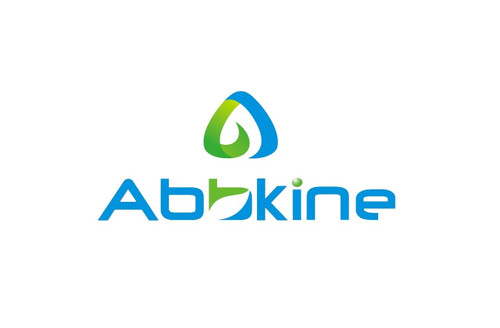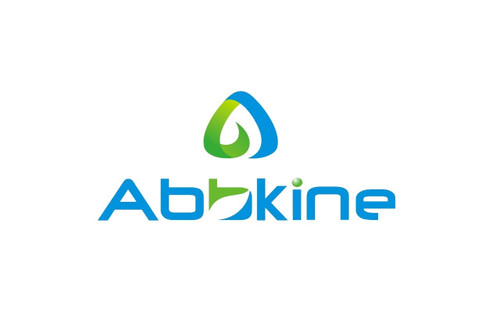Product Description
Human Pyruvate carboxylase, mitochondrial (PC) ELISA Kit | AE28544HU | Abebio
Species Reactivity: Human (Homo sapiens)
Abbreviation: PC
Alternative Name: PCB;
Application: ELISA
Range: 1.56-100 ng/mL
Sensitivity: 0.55 ng/mL
Intra-Assay: ≤4.8%
Inter-Assay: ≤6.7%
Recovery: 0, 86
Sample Type: Serum, Plasma, Other biological fluids
Detection Method: Sandwich
Analysis Method : Quantitive
Test Principale: This assay employs a two-site sandwich ELISA to quantitate PC in samples. An antibody specific for PC has been pre-coated onto a microplate. Standards and samples are pipetted into the wells and anyPC present is bound by the immobilized antibody. After removing any unbound substances, a biotin-conjugated antibody specific for PC is added to the wells. After washing, Streptavidin conjugated Horseradish Peroxidase (HRP) is added to the wells. Following a wash to remove any unbound avidin-enzyme reagent, a substrate solution is added to the wells and color develops in proportion to the amount of PC bound in the initial step. The color development is stopped and the intensity of the color is measured.
Product Overview: Pyruvate carboxylase (PC) is an enzyme of the ligase class that catalyzes the reversible carboxylation of pyruvate to form oxaloacetate (OAA) .It is an important anaplerotic reaction that provides oxaloacetate precursor for the citric acid cycle. The enzyme is a mitochondrial protein containing a biotin prosthetic group, requiring magnesium or manganese and acetyl CoA, and occurs in liver but not in muscle. Pyruvate carboxylasehas been found in a wide variety of prokaryotes and eukaryotes including fungi, bacteria, plants, and animals. In mammals, PC plays a crucial role in gluconeogenesis and lipogenesis, in the biosynthesis of neurotransmitters, and in glucose-induced insulin secretion by pancreatic islets.
Stability: The stability of ELISA kit is determined by the loss rate of activity. The loss rate of this kit is less than 5% within the expiration date under appropriate storage condition. The loss rate was determined by accelerated thermal degradation test. Keep the kit at 37°C for 4 and 7 days, and compare O.D.values of the kit kept at 37°C with that of at recommended temperature. (referring from China Biological Products Standard, which was calculated by the Arrhenius equation. For ELISA kit, 4 days storage at 37°C can be considered as 6 months at 2 - 8°C, which means 7 days at 37°C equaling 12 months at 2 - 8°C) .
 Euro
Euro
 USD
USD
 British Pound
British Pound
 NULL
NULL












